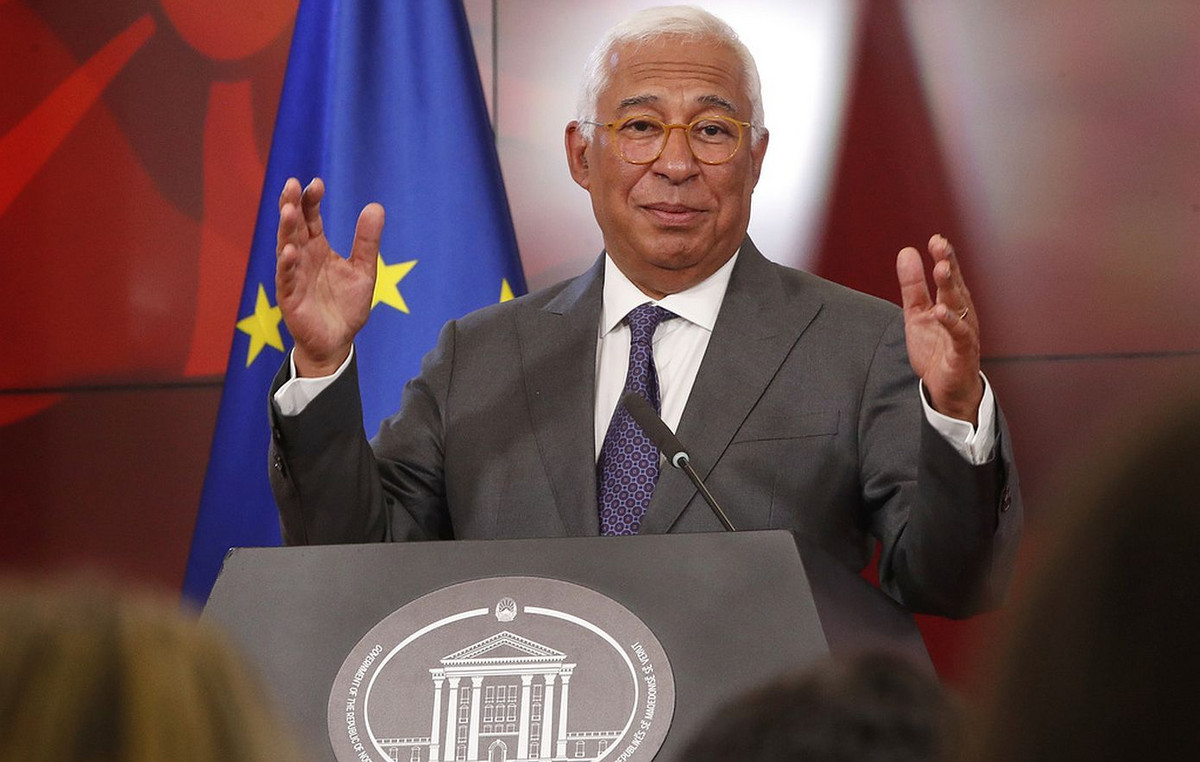With small losses, the main European indices finally ended their trading, after another day of intense volatility and sign changes, with investors now focusing on tomorrow’s ECB announcements.
In particular, the pan-European Stoxx 600 index ended slightly down 0.2% at 422.52, with banks and autos down about 0.9% while technology outperformed by +1.7% amid strengthened momentum in sector on Wall Street in recent days.
At the same time, the large-cap Stoxx 50 finished around unchanged, down -0.06% at 3,585 points.
In individual European charts, Germany’s DAX lost 0.2% to close at 13,281 points, France’s CAC 40 fell 0.34% to 6,184 points, and Britain’s FTSE 100 lost 0.44% to end at 7,264 points.
The pressures were greater in the region, where in Italy the FTSE MIB lost 1.6% to close at 21,348 points, while in Spain the IBEX 35 fell by 1.2% to close at 8,028 points.
After the relief rally in the last trading hours yesterday, in the course of today the European indices showed to lose their momentum and ended up in the “red”, although in general the news of the last hours is relatively positive.
On the Ukraine war front, Kyiv and Moscow appear to be nearing an agreement on Ukrainian grain, while on Europe’s energy supply, Russian gas flows are expected to resume despite Putin’s war of nerves.
In this climate, after all, the title of Uniper, the manager in Germany, recorded a double-digit increase for the second consecutive day, closing at +12%.
In contrast, Volvo stock came under significant pressure as it fell by as much as 5% after the Swedish carmaker missed estimates for its second-quarter figures, but eventually closed around unchanged.
Now all eyes are on the meeting of the European Central Bank tomorrow in Frankfurt, where it is expected – as it has been almost officially announced through the mouth of Lagarde – the first increase in its basic interest rate in the last 11 years.
The above move comes amid an environment of slowing growth, war in Ukraine and threats to the continent’s energy security.
Elsewhere, UK inflation hit a new 40-year high in June as energy and food prices continued to soar, escalating the country’s historic cost of living crisis.
The bigger-than-estimated rise means Britain had the highest rate of inflation in June among the G7, although much smaller EU states are showing higher price rises.
The monthly rise came in at 0.8%, beating the previous month’s 0.7% but lower than April’s 2.5%.
Source: Capital
I am Sophia william, author of World Stock Market. I have a degree in journalism from the University of Missouri and I have worked as a reporter for several news websites. I have a passion for writing and informing people about the latest news and events happening in the world. I strive to be accurate and unbiased in my reporting, and I hope to provide readers with valuable information that they can use to make informed decisions.







